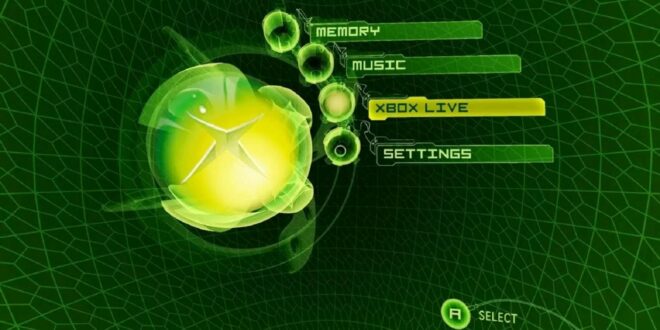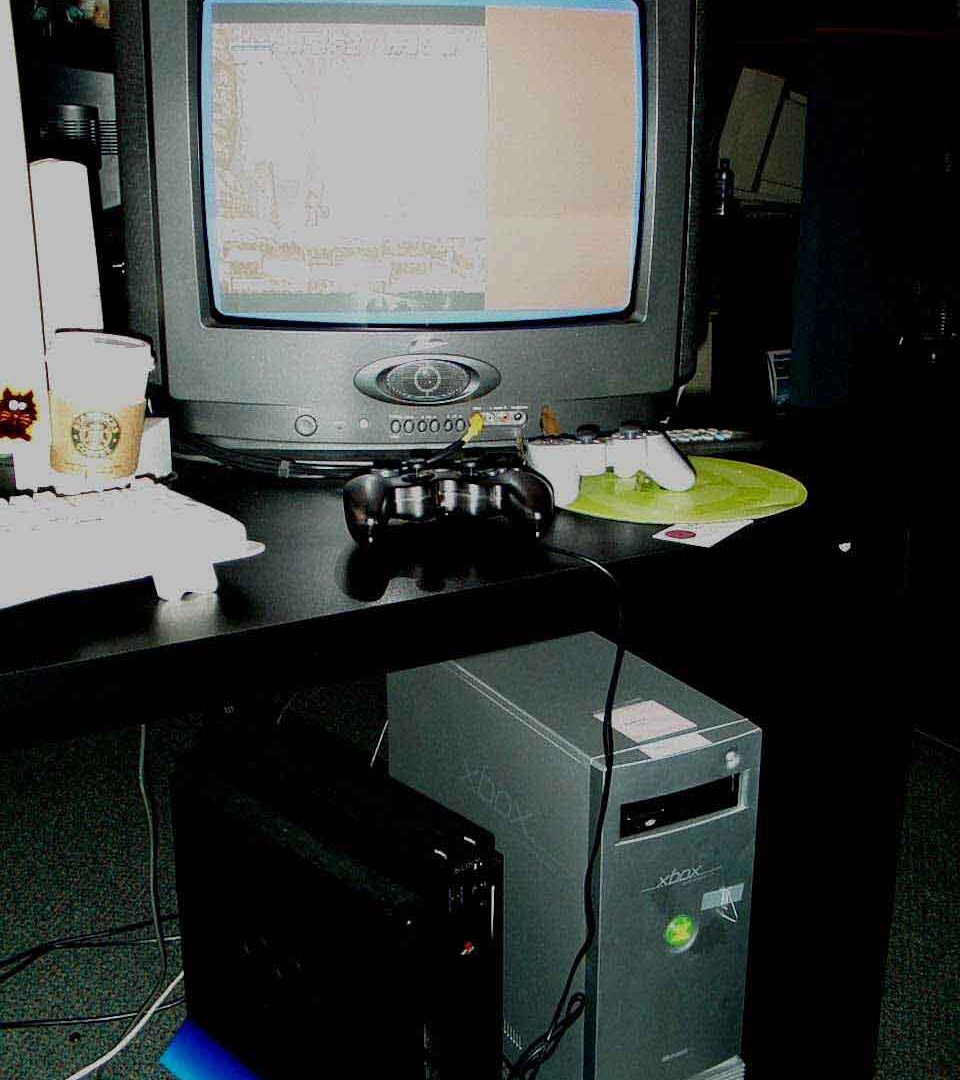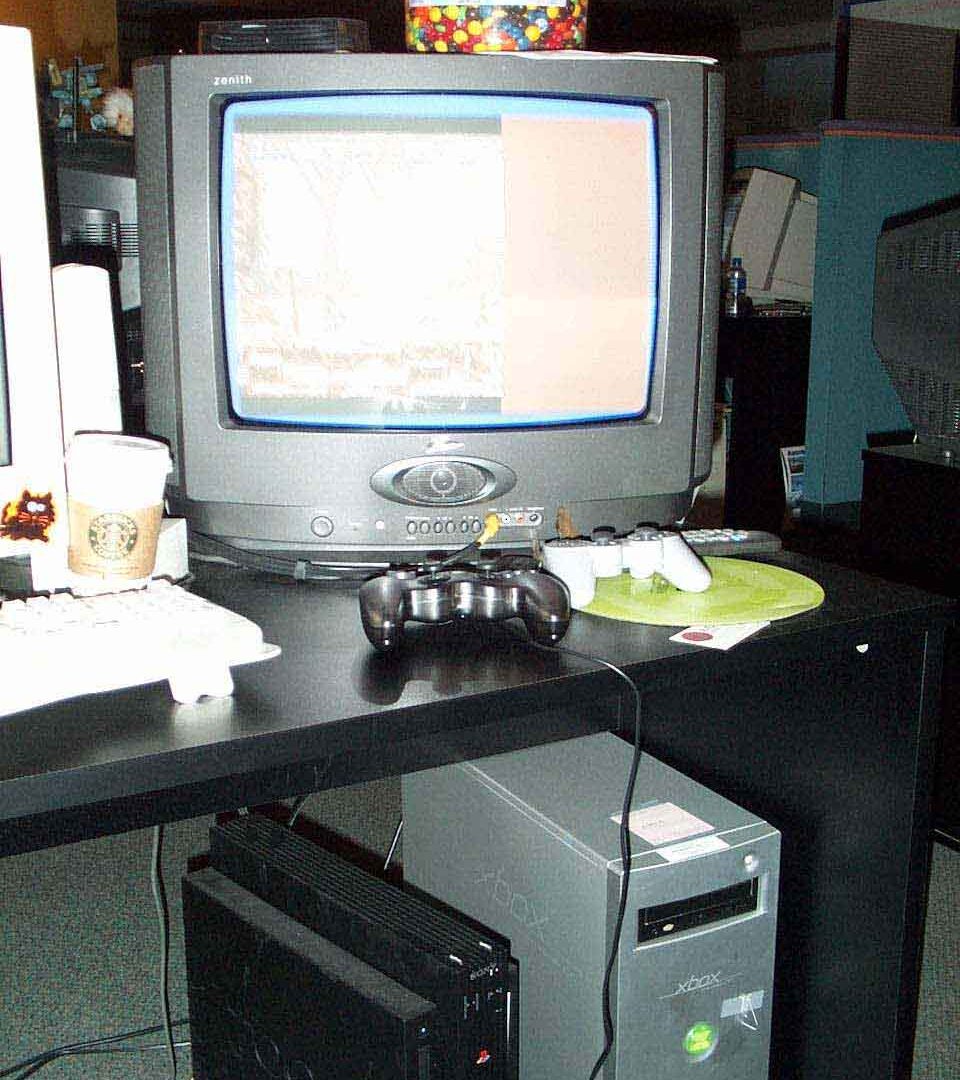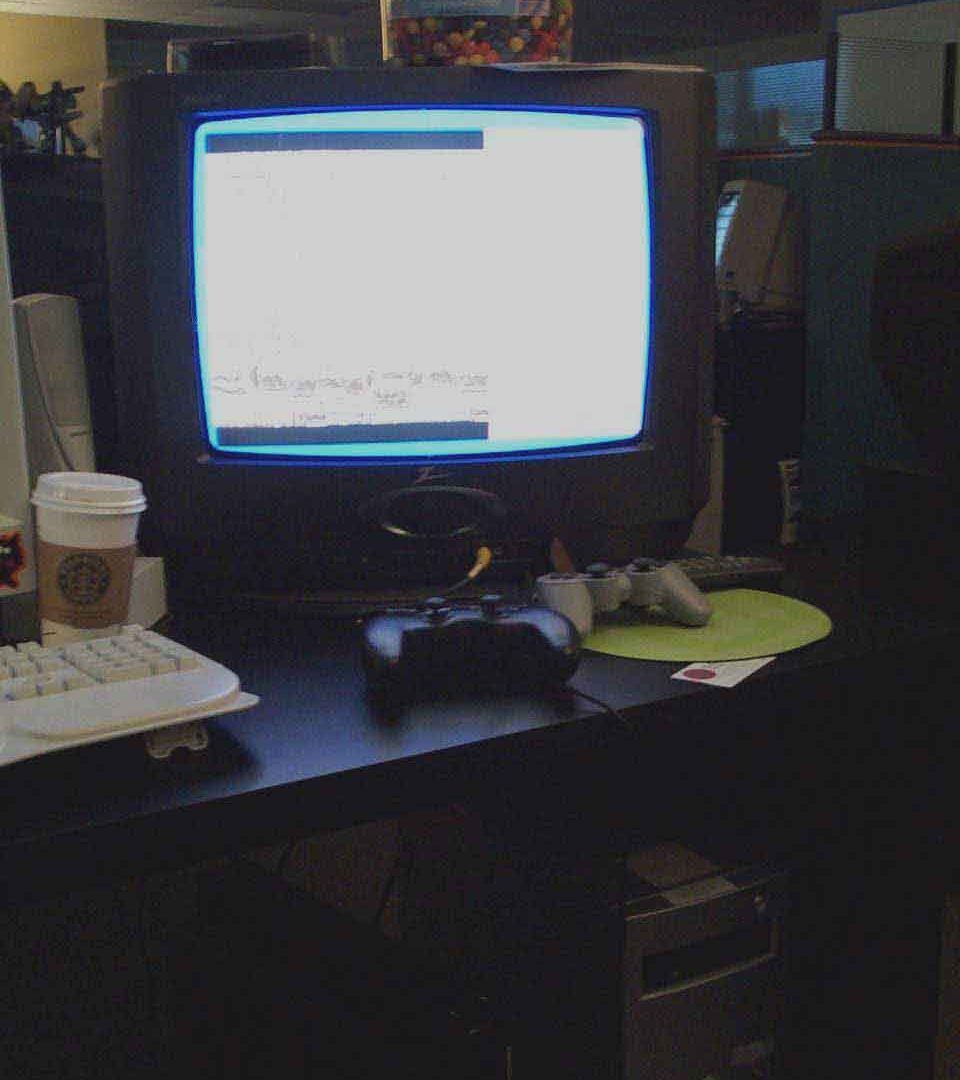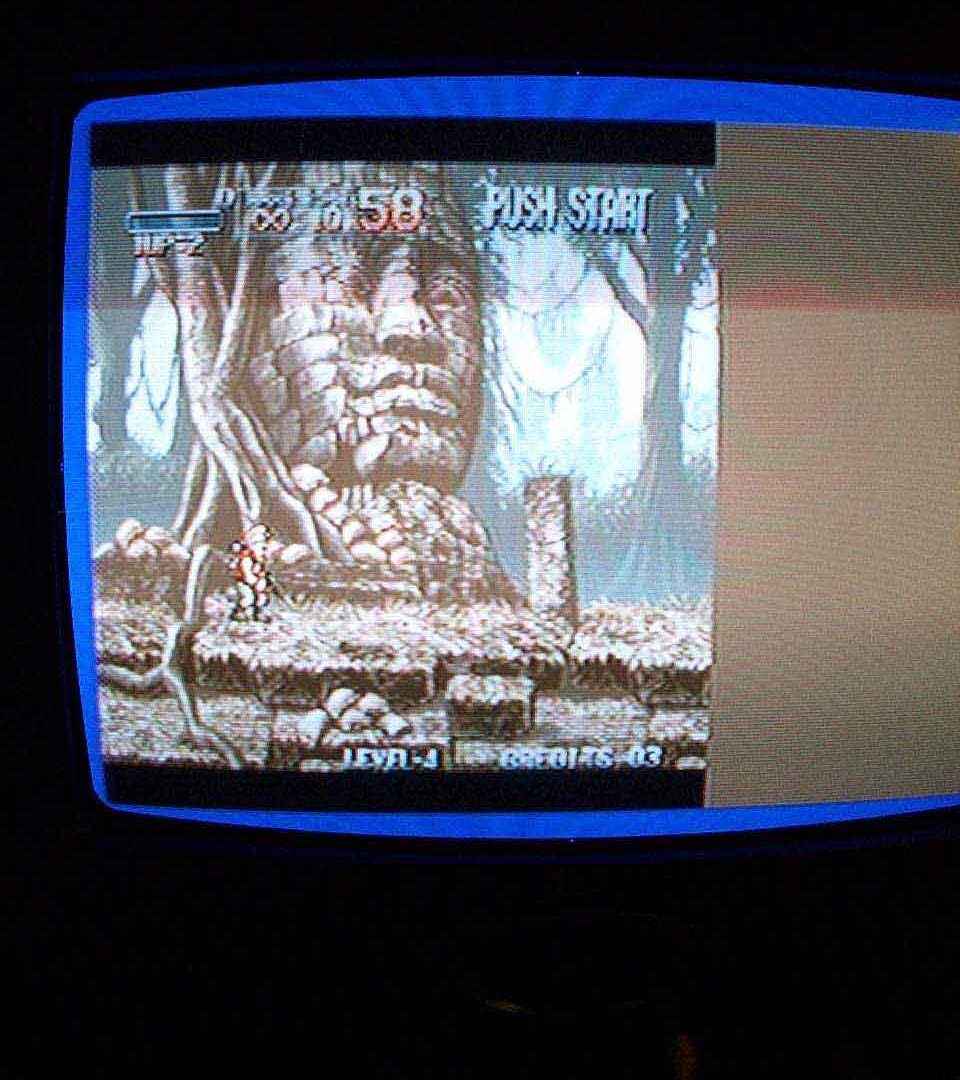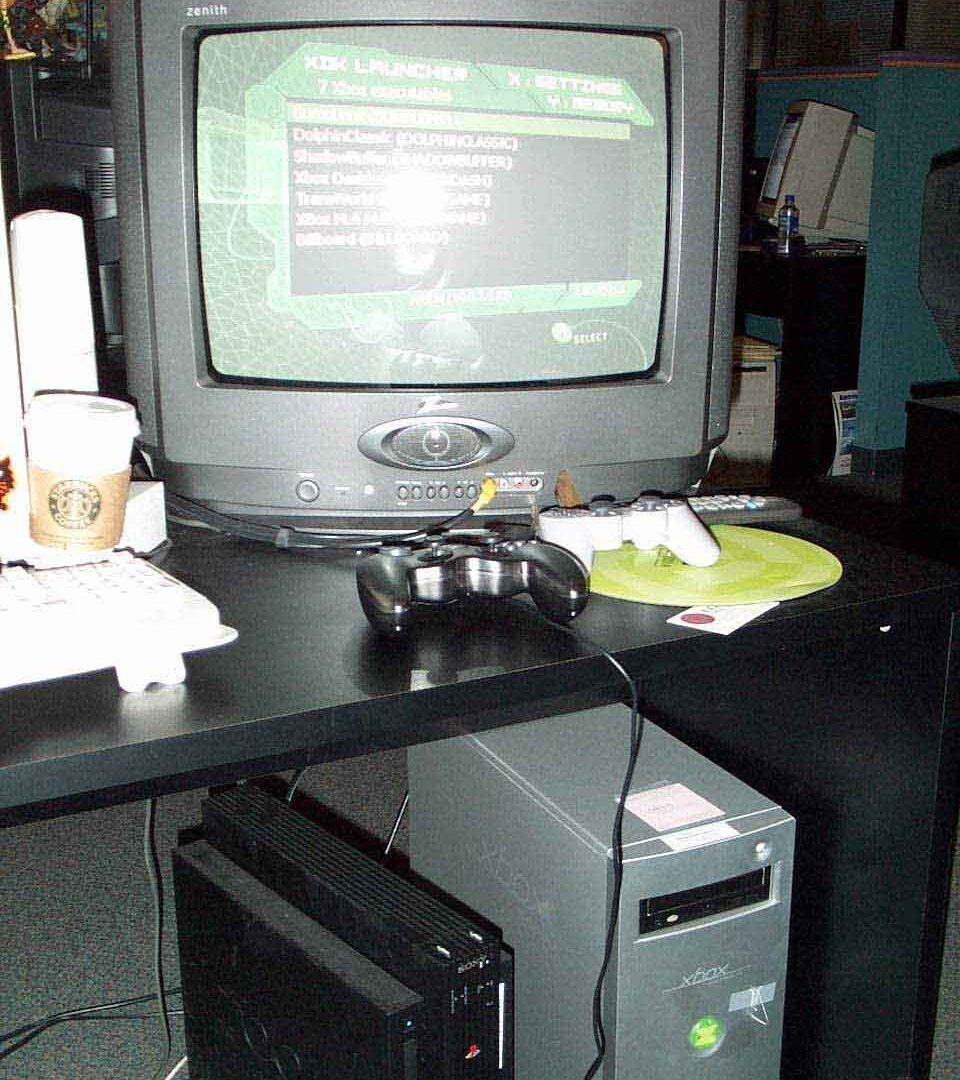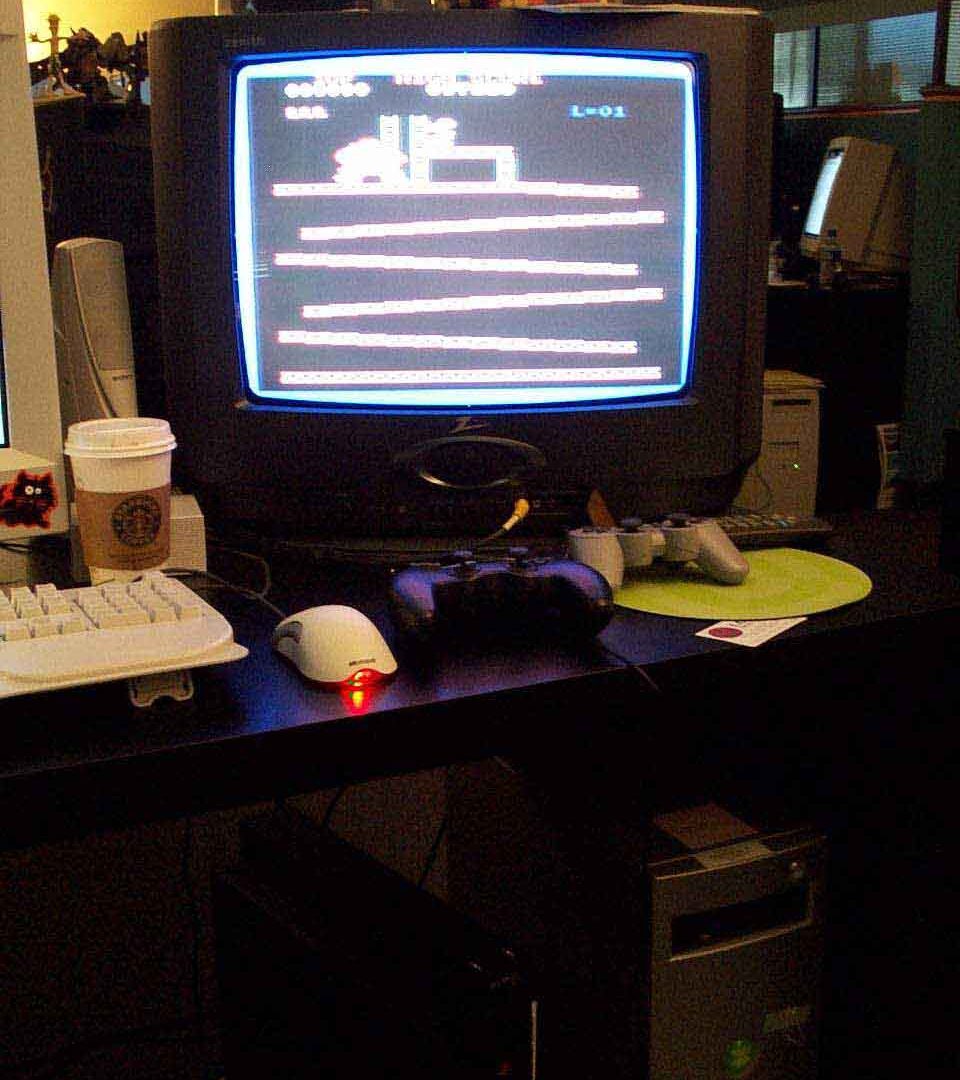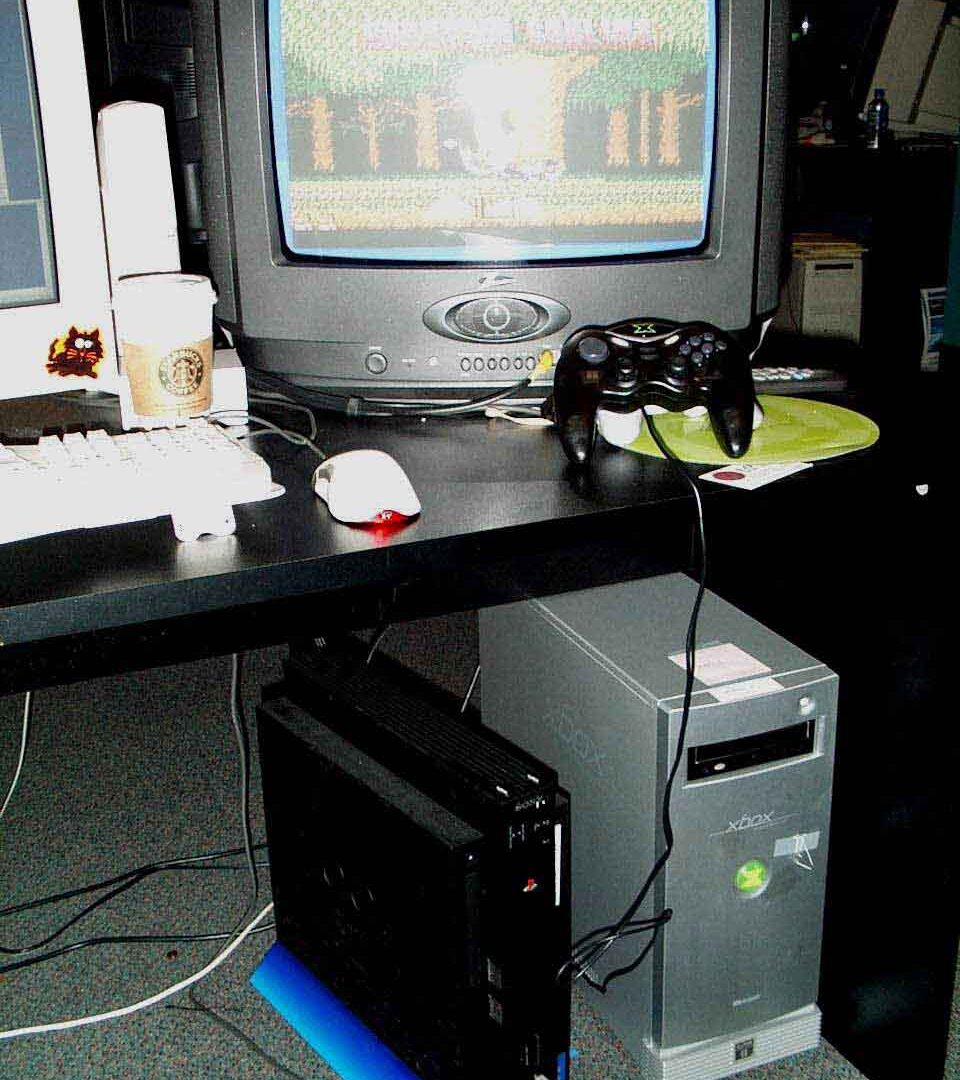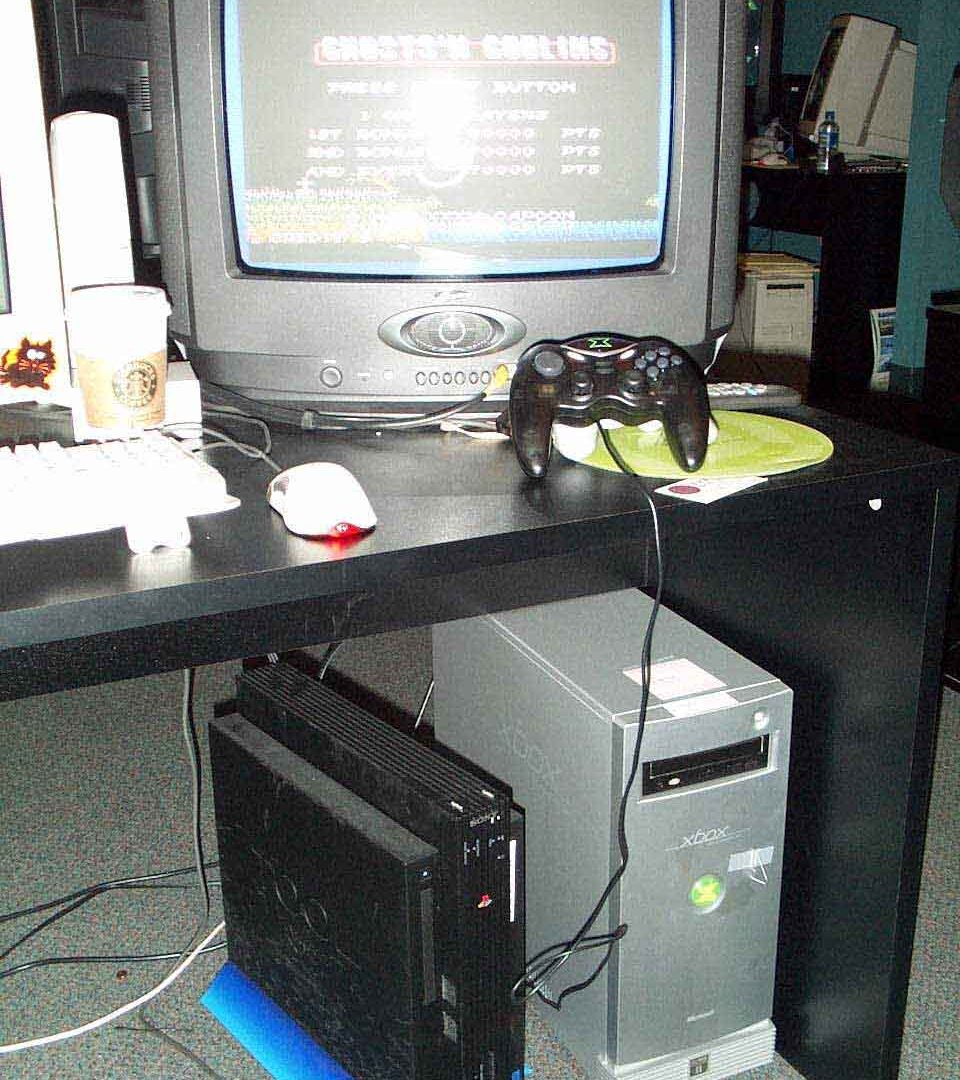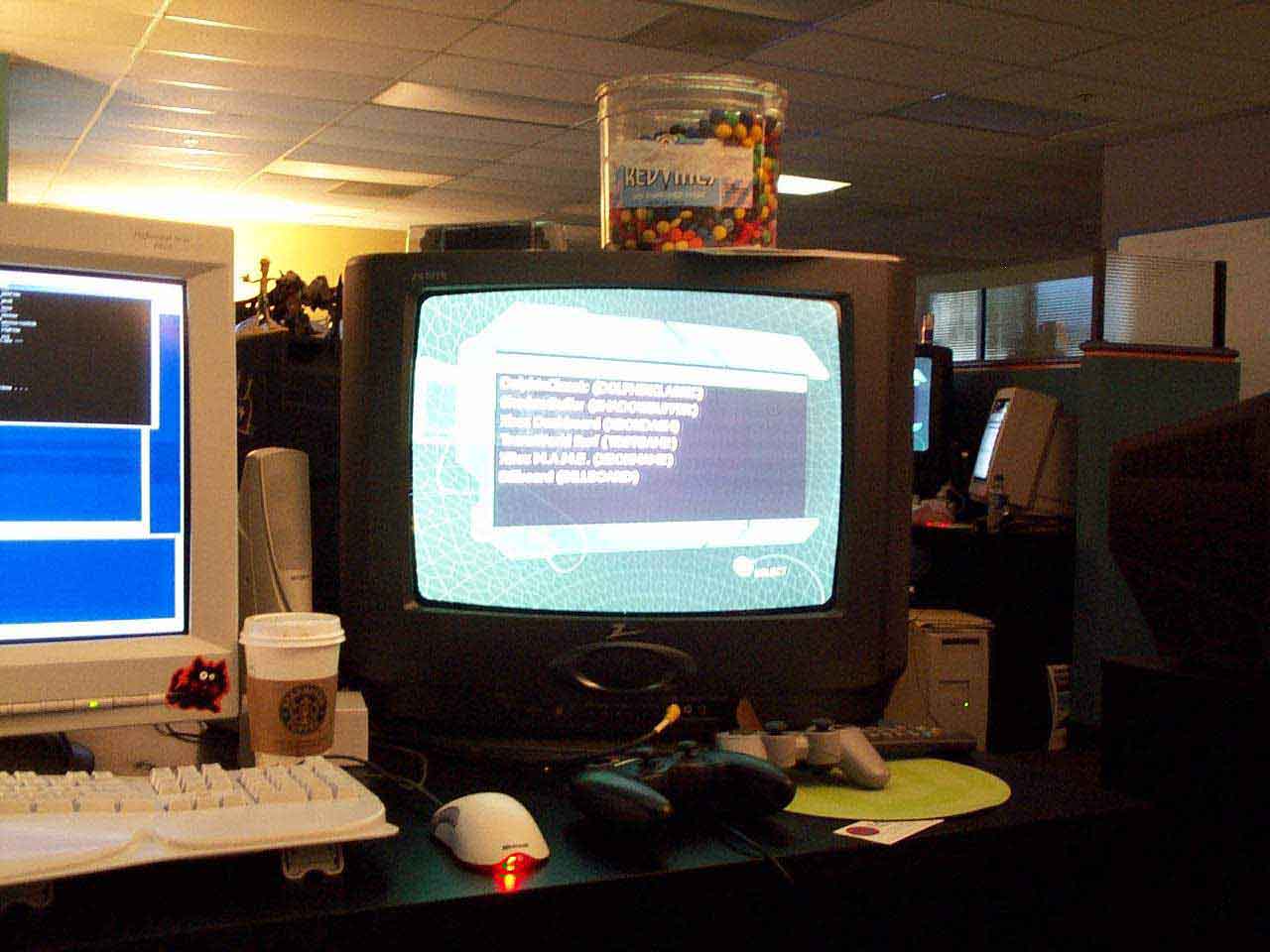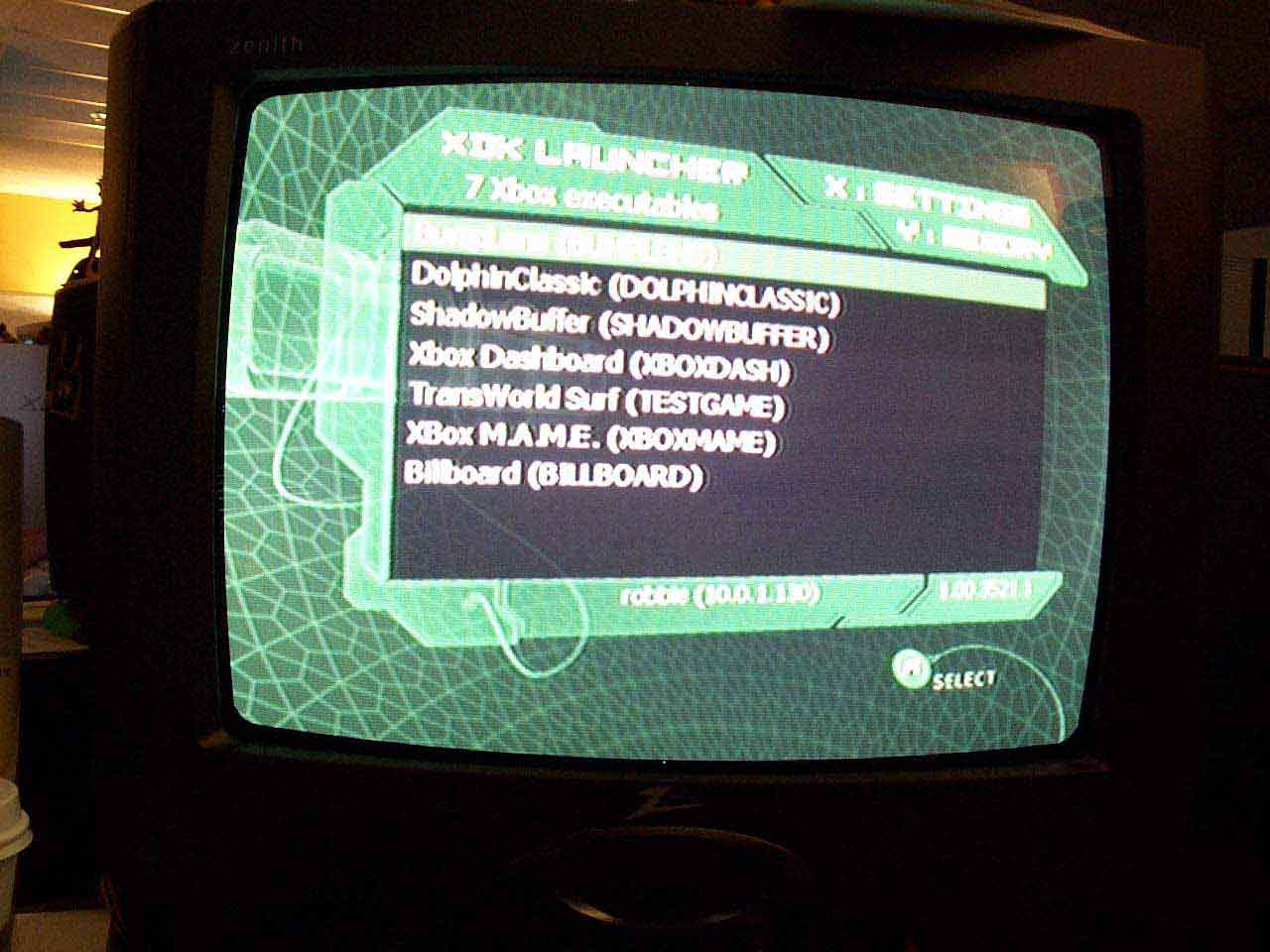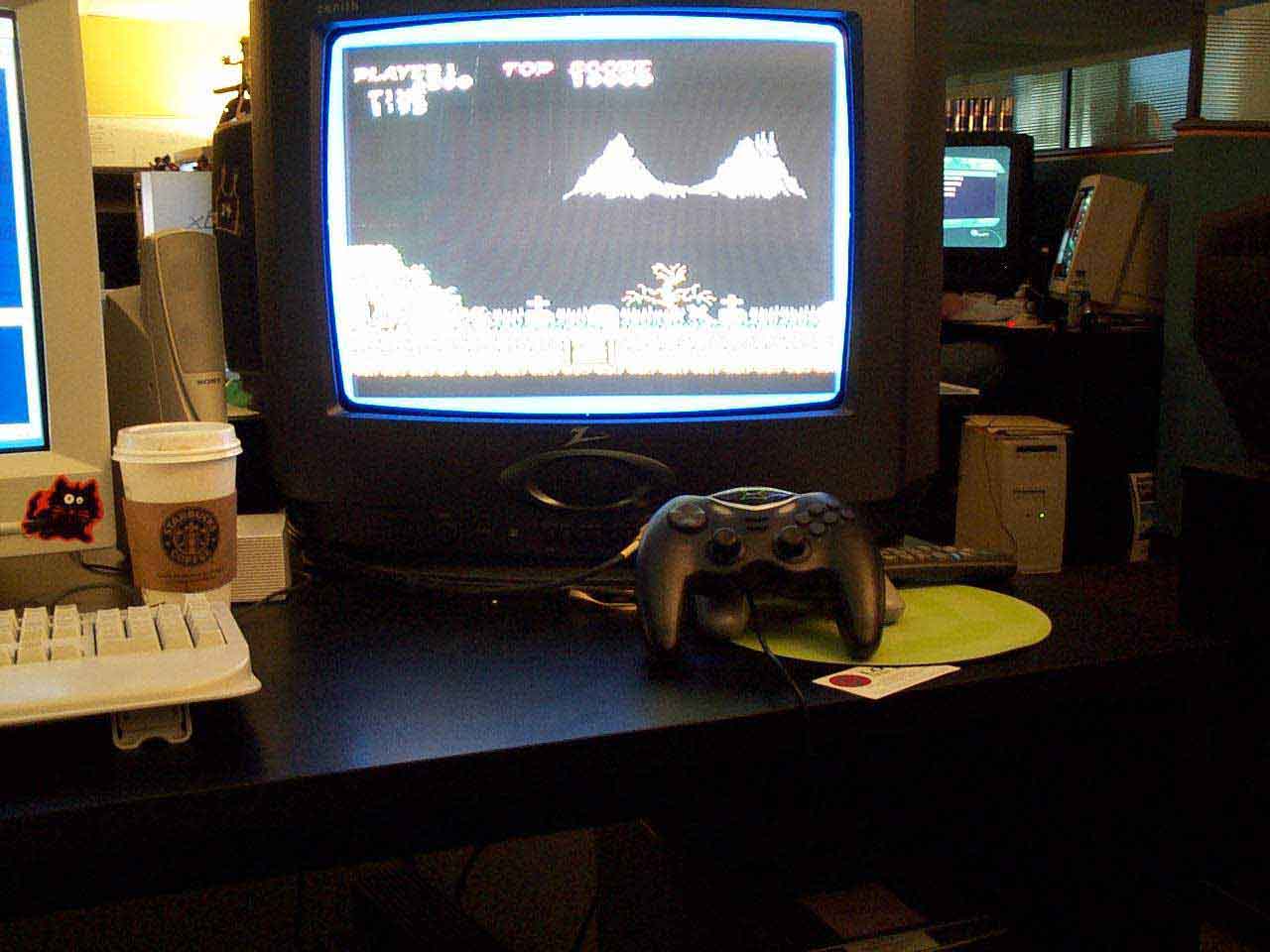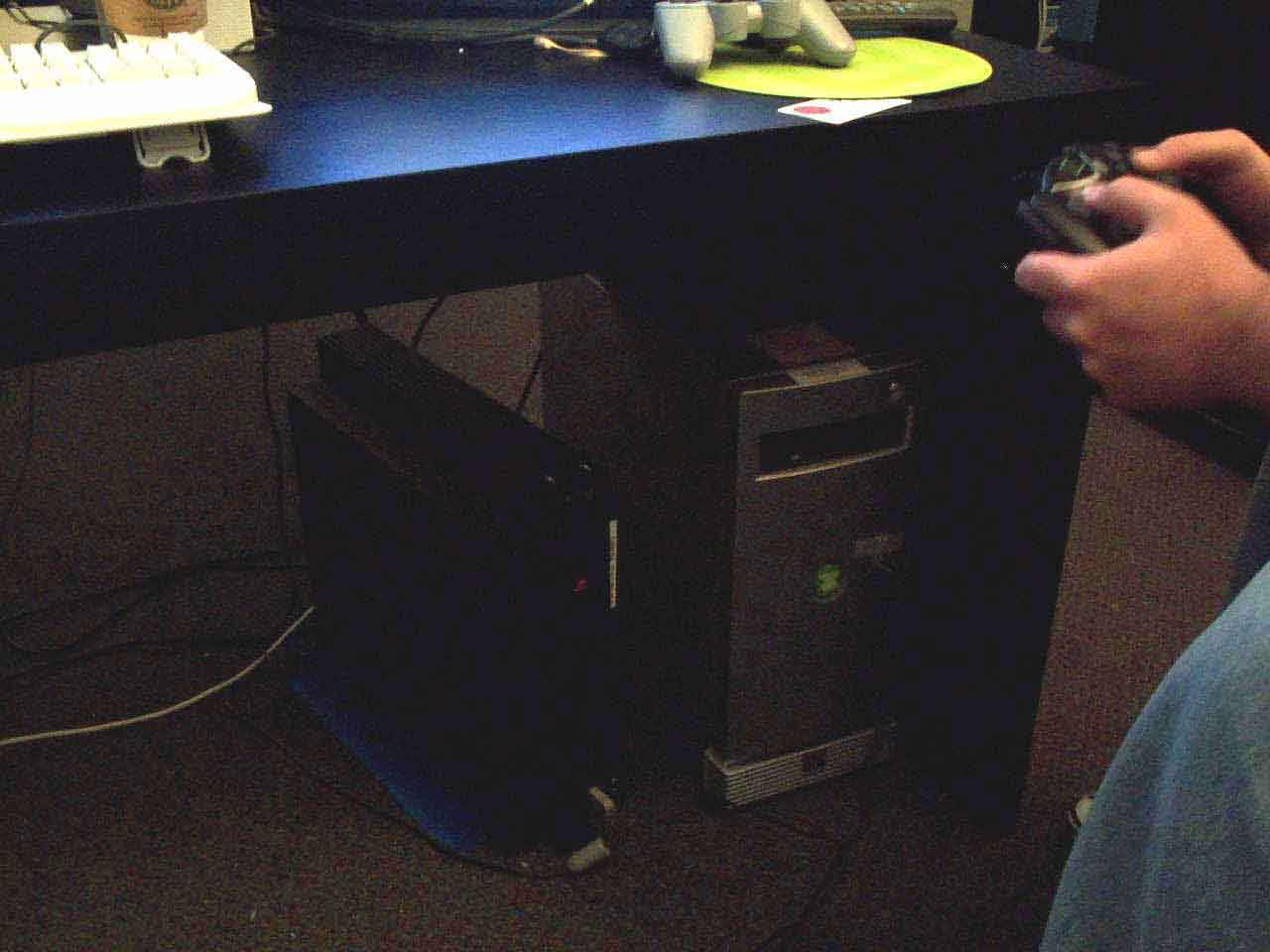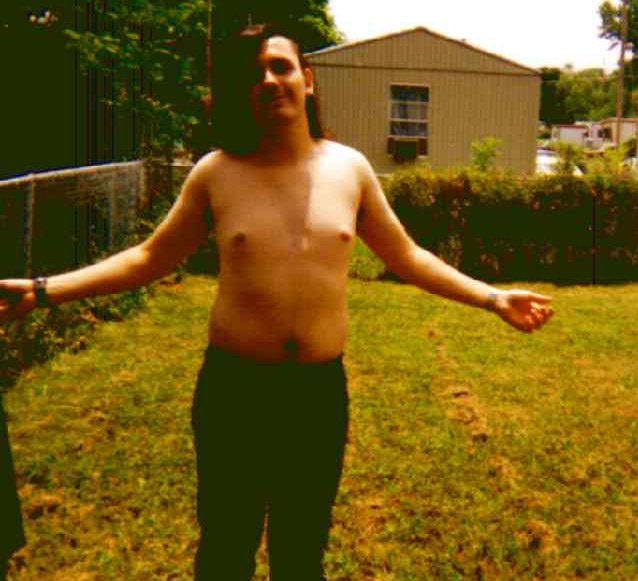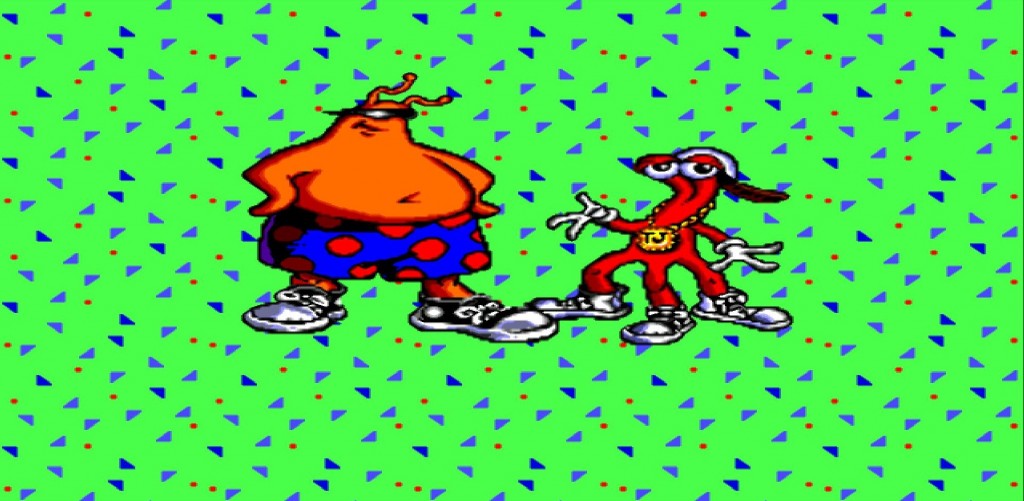Discover the untold story of Otaku no Zoku, the underground pioneer who sparked Xbox emulation with MAME before the console’s release. A legend of homebrew history.
(HEY YOU!! We hope you enjoy! We try not to run ads. So basically, this is a very expensive hobby running this site. Please consider joining us for updates, forums, and more. Network w/ us to make some cash or friends while retro gaming, and you can win some free retro games for posting. Okay, carry on 👍)
The world of video game emulation has always been shaped by shadowy figures and passionate hobbyists. Behind every emulator release there is usually a name that becomes legendary in forums and IRC channels, a handle that carries more weight than a real identity. In the early 2000s, when emulation was moving from the PC into living room consoles, one such figure was known as Otaku no Zoku.
He was an enigmatic presence, a developer who seemed to appear out of nowhere and prove what many of us only dreamed of at the time: that the original Xbox, still unreleased to the public, could become the most powerful emulation machine we had ever seen. To this day, Otaku remains a mystery, but his influence on the Xbox emulation scene is undeniable.
This is the story of how he changed the way many of us looked at gaming consoles, how his work influenced an entire generation of hobbyists, and how I personally interacted with him during those early years.
The Context: Emulation Before the Xbox
By the late 1990s and early 2000s, emulation was already thriving on PC. Programs like MAME (Multiple Arcade Machine Emulator), founded in 1997 by Nicola Salmoria, were preserving arcade history one ROM at a time. At the same time, console emulators such as ZSNES, RockNES, and ePSXe were giving gamers access to classics from the Super Nintendo, Nintendo Entertainment System, and PlayStation.
Yet emulation on consoles themselves was limited. The Sega Dreamcast was the first mainstream system to open the door to this possibility, largely thanks to its easy-to-burn GD-ROMs and a vibrant homebrew community. Sites like DCEmulation showed us what was possible, and by 2000 it was already running entire libraries of older systems.
This was the scene into which the original Xbox would arrive.
The Xbox Launch Window (2000–2001)
The original Xbox launched on November 15, 2001, in North America, but by the time it reached store shelves the community already knew what was coming. In the underground forums and IRC rooms where emulation fans gathered, whispers had started months earlier. Someone had managed to get his hands on an Xbox development kit before release and was already bending the hardware to his will. That someone was Otaku no Zoku.
While the rest of the gaming world was still debating how the Xbox’s hardware compared to the PlayStation 2, Otaku had already gone further. He was working on porting MAME to Microsoft’s new system, and seeing arcade games running on an unreleased console was nothing short of shocking. For those of us who witnessed it, the impact was explosive.
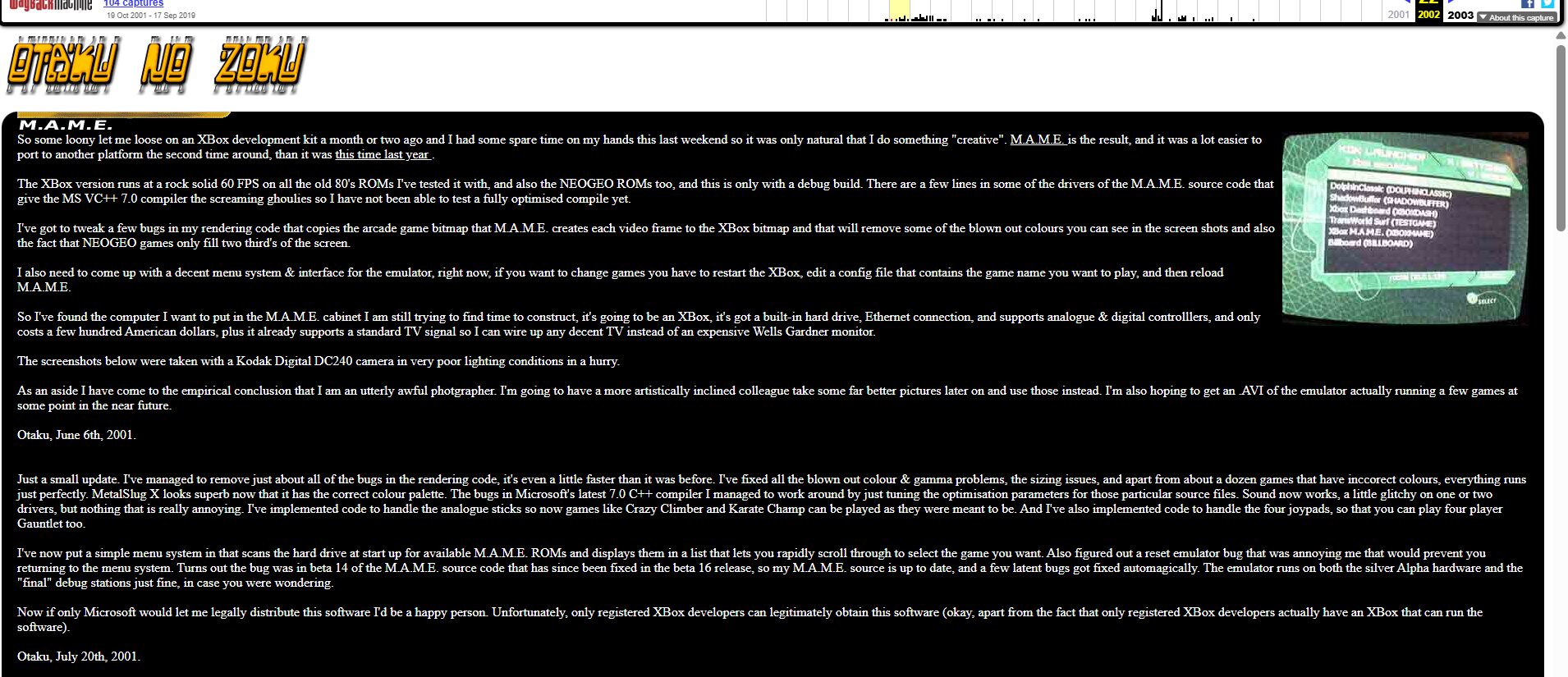
The news spread like wildfire. It created a surge of hype and drama across the homebrew scene, as word traveled that the Xbox could do far more than Microsoft intended. Everyone knew, even before launch day, that this console was destined to become a homebrew powerhouse. The Dreamcast had opened the door, but the Xbox was about to blow it wide open.
Otaku no Zoku became the grandfather of Xbox homebrew, the proof-of-concept pioneer who showed what was possible. His work did not just impress people, it lit a fire under an entire community, inspiring developers, hackers, and fans to rally around a system that had not even hit the shelves yet.
Below were some of the photos he posted on his website prior to the Xbox launch that I was able to recover. They lived rent free in my head for a LONG time.
Encounter With Otaku
I first learned about Otaku through the usual channels of the day: IRC, forums, and the scattered emulation websites where passionate fans congregated. His work spread quickly because it was both daring and groundbreaking.
Eventually, I had the chance to interact with him directly. I admired his technical brilliance and wanted to help however I could. I was not a coder, but I could host, build websites, and support the people who were creating things far beyond my skill set. That is what led me to XB-Power.com, my old long dead site site that I created as a hub for Xbox emulation and hacking news.
I built a message board for Otaku’s projects and even interviewed him. Hosting his work and seeing my community grow around it was an honor. It was a rare opportunity to support someone who was pushing the limits of what was possible.
The Influence of Otaku’s Work
Otaku’s early MAME ports to the Xbox represented more than just a technical milestone. They symbolized the birth of emulation on the Xbox, showing the world that this new console could do far more than Microsoft intended.
The Xbox’s powerful Intel processor and PC-like architecture made it the perfect candidate for homebrew. What Otaku proved was that it could be more than a console for Halo and Jet Set Radio Future. It could become a complete retro machine, running the classics of arcades and consoles past with ease.
For many in the scene, Otaku’s work was the spark that ignited years of innovation. Soon others followed. Developers like XPort, SuperFro, and Lantus carried the torch, building and releasing emulator ports that cemented the Xbox as the greatest emulation console of its generation.
Even though Otaku no Zoku eventually vanished, his legacy endures. He was among the first to show the potential of the Xbox as an emulation powerhouse, and his early work paved the way for an entire era of creativity and innovation.
Every time someone boots up MAME on an Xbox or remembers those early days of experimenting with homebrew, they are touching a piece of Otaku’s legacy.
A Complicated Farewell
Looking back, I realize how much Otaku’s work shaped my own path. My lifelong hobbies and passions existed then and today, partly (mainly) because of figures like him. People like this shaped my life. They kept me indoors for hours and hours doing the geekiest things while my friends, were out and doing things that would send so many of them to STATE PRISON. As sappy as it sounds, they could of saved my life, my future, my family and all things I take for granted. Anyway… Remembering these hidden histories, archiving the names and projects that shaped our culture, is essential before they are lost forever.
Decades later I found myself curious about how he was doing. When I was younger, I knew nothing about his background. So it was not shocking to learn that he had gone on to work for some very impressive video game companies, doing amazing work for them. I have no interest in talking about his present or his future, that is his story to tell. For me, the beauty lies in his past, because it was such a powerful part of the tail end of my childhood.
I reached out to him recently because, well, we are all getting older now. Some of us are even dropping dead. That is the age we are getting to. I simply wanted to see how he was doing and what he had done with his life from 2001 to now. It was good to hear that he was doing well, and an upcoming game he has been working on is launching soon.
Otaku no Zoku will always be a pioneer. He may have been a mystery, and he may not want to be remembered, but his work marked the birth of emulation on the original Xbox. For those of us who were there, it was nothing short of revolutionary. I would share his present works and such, but I do not think he would want that.
Best wishes,
dmb062082
 Retro Replay Retro Replay gaming reviews, news, emulation, geek stuff and more!
Retro Replay Retro Replay gaming reviews, news, emulation, geek stuff and more!
